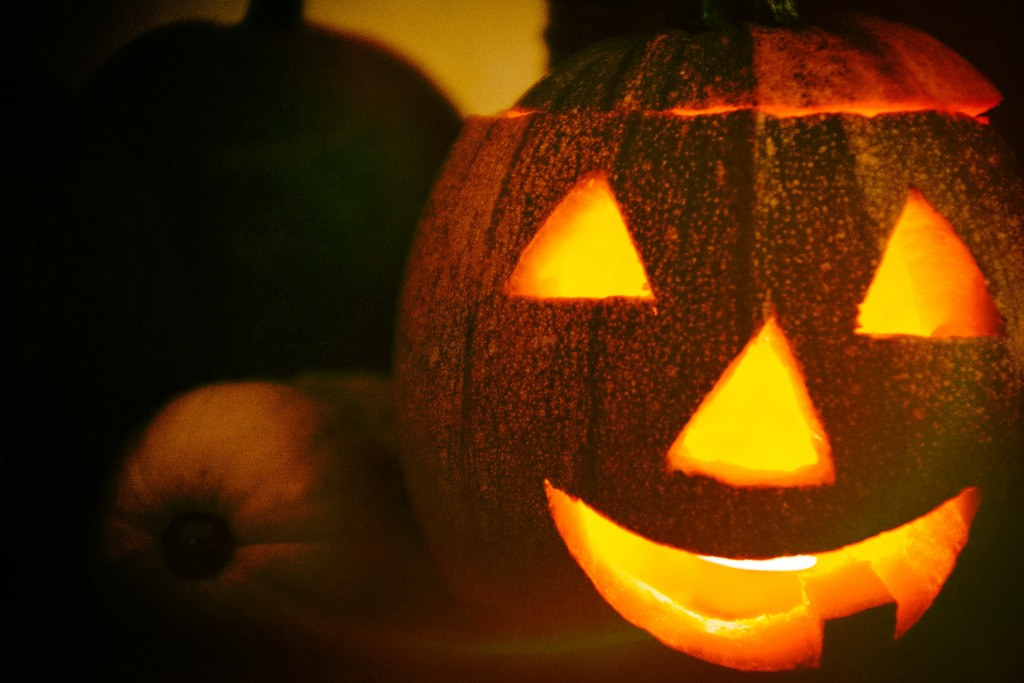By this point in time, we all at least have heard the term “cultural appropriation.” And when it comes to Halloween and dressing up, there are costumes that the majority of us know to stray away from (ie. black face). But why? Why can’t I wear a headdress and be a Native American for Halloween? Why can’t I dress as a geisha? Well, here are some thoughts.
One of the first things to note is that cultural appropriation doesn’t necessarily come from a place of hate but rather a place of ignorance. Some people who wear costumes like this may just be playing dress up for a night and having fun; they may even think they’re appreciating a culture rather than appropriating it. But not knowing how and why it offends people is where the issue comes from. Being informed and being sensitive is the best way to avoid appropriation.
This isn’t some type of wild “liberal nonsense” thing. It’s just the fact of the matter is that there are a thousand and one things someone can be for Halloween; you can be a princess, a dog, a Power Ranger, just about anything under the sun. But the fact that some of the most popular costumes sold in stores are things titled stuff like “Mexican Man,” is not ok.
What is cultural appropriation? One definition is “cultural appropriation almost always involves members of the dominant culture (or those who identify with it) “borrowing” from the cultures of minority groups.”
Why is it bad? People who are in marginalized groups go through so much on a day to day basis that folks who are not in those groups could never understand. So when people think it’s fun to go out and walk the line of making fun of these people is very hurtful and detrimental
Here is a short list of costumes that are not appropriate and potentially very offensive:
- Anything that requires you to change your skin color (black face, yellow face, etc)
- You can dress as a character of a different race but do not paint your skin for this reason
- A “gypsy”
- A terrorist of any sorts
- Day of the Dead Sugar Skull
- A nazi
- Any hate group in general (ie. the KKK)
- Any racial stereotype
- An eating disorder
- A god or deity from a religion you don’t participate in
Now we know how to act ourselves, how do we speak up when we see others dressed in offensive costumes?
Silence is violence. Speaking up can be scary. Last year on Halloween, my roommate brought home a guy dressed in a Native American costume and I got so uncomfortable I didn’t know what to say so I didn’t say anything at all. But it’s a conversation that needs to happen. And as I said earlier, it often comes from a place of ignorance so a good way to start this conversation is “why did you dress up this way?” A fair amount of the time people do it because they think it’s funny. And point blank, it’s not. It’s not funny to disrespect and enforce stereotypes. Offense does not equate humor. Engage in conversation and be polite. It takes some bravery but you got this.
Have a good and safe Halloween!



 How to Advocate for yourself
How to Advocate for yourself